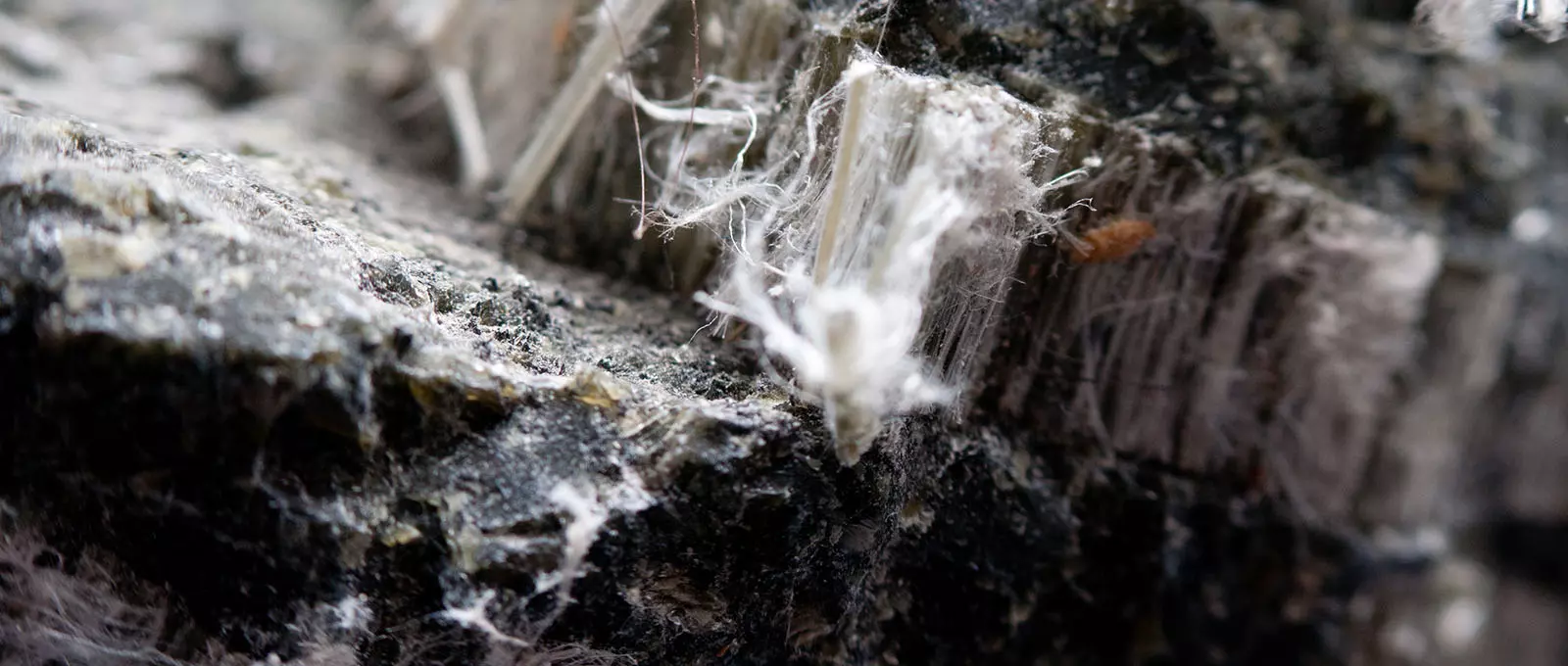Toxic torts are the claims a person may have in law for injuries arising from exposure to dangerous chemical substances. Toxic torts often fall under the realm of personal injury law. If you have been injured from exposure to chemical toxins, you may seek to recover compensation from those responsible.
4 Common Toxic Tort Claims
There are several ways toxic substance exposure can occur. Most toxic tort cases revolve around workplace chemical exposures, pharmaceutical products, consumer products, and industrial products containing dangerous toxins.
Occupational Exposure to Industrial Chemicals
In most jurisdictions, manufacturers must comply with safety standards at their workplaces. However, even still, industrial workers are regularly exposed to dangerous substances. Workers often interact with toxic substances through their hands, inhalation, and ingestion because of a lack of safety devices, proper ventilation, and protection from radiation.

Exposures to substances like benzene, arsenic, asbestos, and hydrogen peroxide that can cause cancers such as asbestosis, leukemia, mesothelioma, and Hodgkin lymphoma are still commonplace. Some of these diseases are incurable or may be difficult to detect until it is too late.
Unexpected Pharmaceutical Drug Side-Effects
Certain drugs can be harmful to many consumers, even though regulatory institutions have approved them. A drug can be defective, contaminated, or erroneously compounded.
A drug could be classified as defective in cases where the drug has potentially harmful properties to the body when administered or has unforeseen side effects. Some side effects may include nausea, dizziness, vomiting, or more serious ones like brain damage, high blood sugar, diabetes, and neurological disorders.
If you have suffered injury from a pharmaceutical product, a toxic tort attorney can help you recover compensation by filing a product liability and pharmaceutical lawsuit.
Toxic Exposure in the Home
In recent times, claims in this category have increased. Injuries from exposures to toxic mold, pesticides, toys, and appliances with high lead concentrates have been common contributors. Some old buildings coated with lead-based paint can cause brain damage, especially in kids. Also, mold in homes can reach toxic levels and cause lung-related problems.
Chemical Exposures From Consumer Products
Consumers can suffer a high level of exposure to toxic chemicals from the products they purchase. Consumer products like pesticides, powders, treated rugs, and detergents contain harmful substances. However, when they are in excess quantities, they may have adverse effects that accumulate over time and affect the body. Such chemical exposures could lead to poisoning, respiratory problems, rashes, birth deformities, and fetal deaths.
Special Issues in Toxic Tort lawsuits
There are special issues a plaintiff in toxic tort litigation must surmount to succeed in the suit:
- Proving Causation: This issue has been responsible for several failures in toxic torts claims. This is often difficult. To succeed in a toxic tort claim, you must show a reasonable connection between the toxic substance and the damages you suffered. Many health issues caused by toxic substances may only be apparent after long periods, which increases the difficulty of proving direct damage. For example, mesothelioma, a form of cancer that usually comes from asbestos exposure, may not appear until 10 to 50 years after. Thus, proving that it was asbestos that caused the cancer may be difficult.
- Stale Evidence: Evidence usually gets stale, especially where the aggrieved person has not actively sought redress. The claimant's memory might be blurry, and witnesses might be hard or impossible to track. The defendants may have cleansed the place of the exposure, and evidence might be lost.
- Statutes of limitations: Defense attorneys usually cite statute of limitations laws to bar claims in toxic tort cases. You may be unable to file a toxic tort lawsuit if you fail to bring it within time. You may need to consult a toxic tort attorney to know what applies in your state.
- Liability: How do you determine who to sue? Is it the manufacturer, the distributor, the prescribing physician, or the landlord? It all depends on the details of the claim. For example, if the injuries happened because of exposure to toxic substances at the workplace, you can sue the employer and receive compensation. If it is exposure at home, the landlord or any person responsible for the lease would be liable. However, it is often safer to sue those connected to the production and distribution of the toxic substance in question.
Common Toxic Substance Exposure in Claims
Here are the most common toxic substances in toxic tort claims:
- Asbestos: A naturally occurring mineral used as a building material because of its strengthening and fireproof properties. Asbestos can cause asbestosis or mesothelioma.
- Benzene: Benzene is found in crude oil and is highly toxic. It is a carcinogen and a notorious cause of bone marrow failure.
- Pesticides: You can use pesticides to prevent and eliminate pests from farms and households. However, excessive pesticide exposure can cause cancers, neurological defects, birth anomalies, and fetal death.
- Chloramphenicol: A drug used to treat bacterial infections such as conjunctivitis, cholera, and typhoid fever. Common side effects are bone marrow suppression, diarrhea, leukemia, and, in rare cases, aplastic anemia.
- Lead-based paint: Lead-based paints can cause lead poisoning, brain damage, and nerve disorders.
- Silica: Silica is used in glass production and as an additive in drugs and foods
Time Is Important; Get Advice From Experienced Attorneys
If you or a loved one has suffered injuries or wrongful death from exposure to harmful chemical substances, you should immediately consult with a toxic torts lawyer to better understand your chances of getting recovering for damages. Time is of the essence in toxic tort matters, and delay may work against your claim.
The toxic tort attorneys at Dunn Sheehan are ready to offer exceptional legal representation to toxic torts victims. Contact us to see how we can help you.
